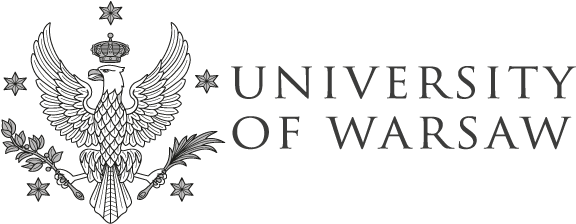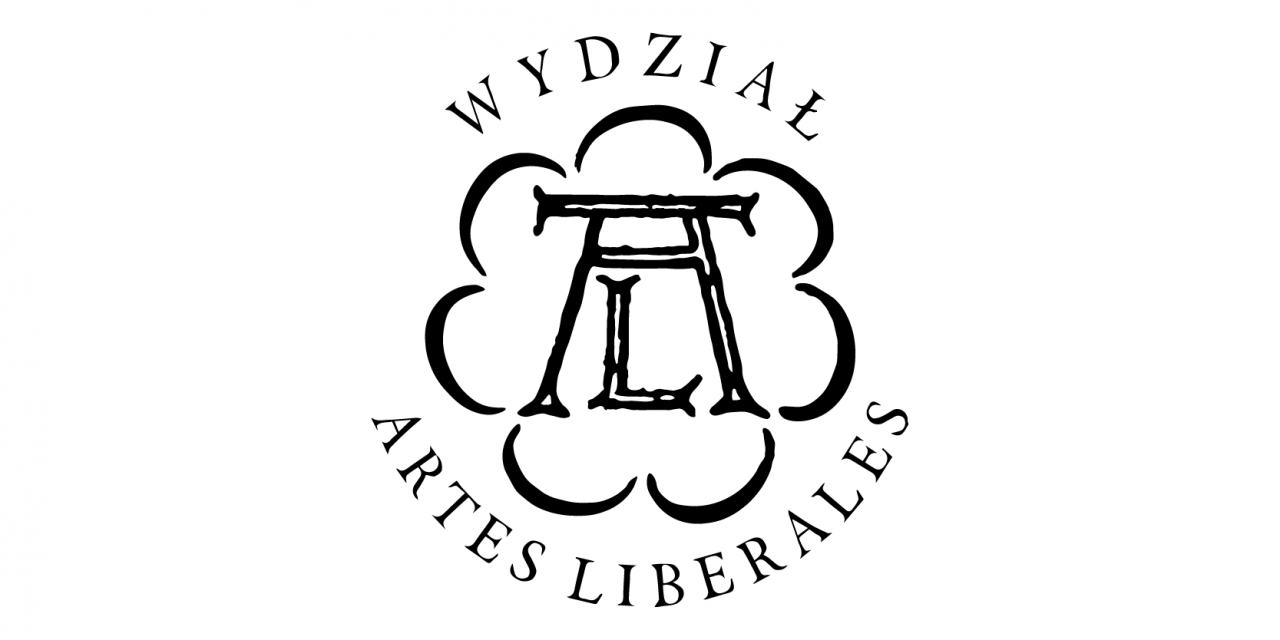Patrycja Prządka-Giersz
has a PhD in Humanities at the University of Warsaw’s Faculty of History (2010) with a dissertation on the settlement structure and socio-political changes on the northern coast of Peru in the Late Pre-Hispanic periods (1000-1532 AD), based on the example of the Culebras River Valley (Patrones de asentamieniento y transformaciones sociopoliticas en la costa norcentral del Perú durante los Períodos Tardíos: el caso del valle de Culebras). She is currently an assistant professor in the Center for Research and Practice in Cultural Continuity at the University of Warsaw’s Faculty of “Artes Liberales”. Since 2000 she has directed, or co-directed, a series of archaeological, iconographic, anthropological, and ethnohistorical research programs (with queries in the most important colonial archives in Peru) in South America (projects funded by the KBN, MNiSW, NCN, Global Exploration Fund of the National Geographic Society, Waitt Grants Program, and private sponsors). In 2012 Dr. Prządka-Giersz was a member of the Polish-Peruvian research team that made a breakthrough discovery of the first tomb of the representatives of the highest aristocracy of the pre-Columbian Wari empire (VIII-X in CE). In 2015 she was awarded with the Knight’s Cross of the Order of Merit of the Republic of Poland for the achievements in the field of science and outstanding contributions to the cooperation between the Republic of Poland and the Republic of Peru. Currently, she is carrying out the research grant, Women and their Role in Pre-Columbian and Early Colonial Peru: Case Study of the imperial Tomb of Castillo de Huarmey, financed by the National Science Center. Since 2011 she has been acting as a scientific consultant in the field of pre-Columbian cultures and folk art from South America at the State Ethnographic Museum in Warsaw. She specializes in the archeology, ethnohistory, gender studies, and cultural anthropology of the Central Andes region, with a particular emphasis on the issues related to the European conquest, the clash of cultures, and the survival of Indian traditions during the colonial period.






